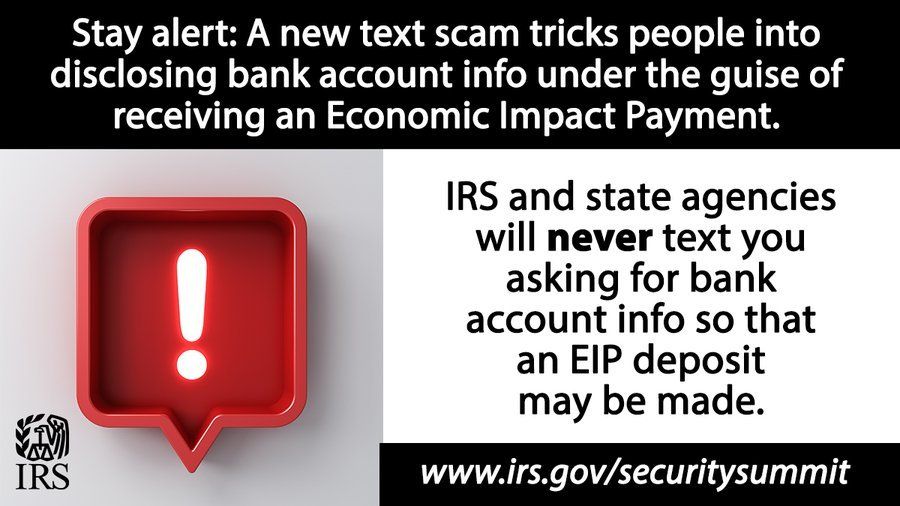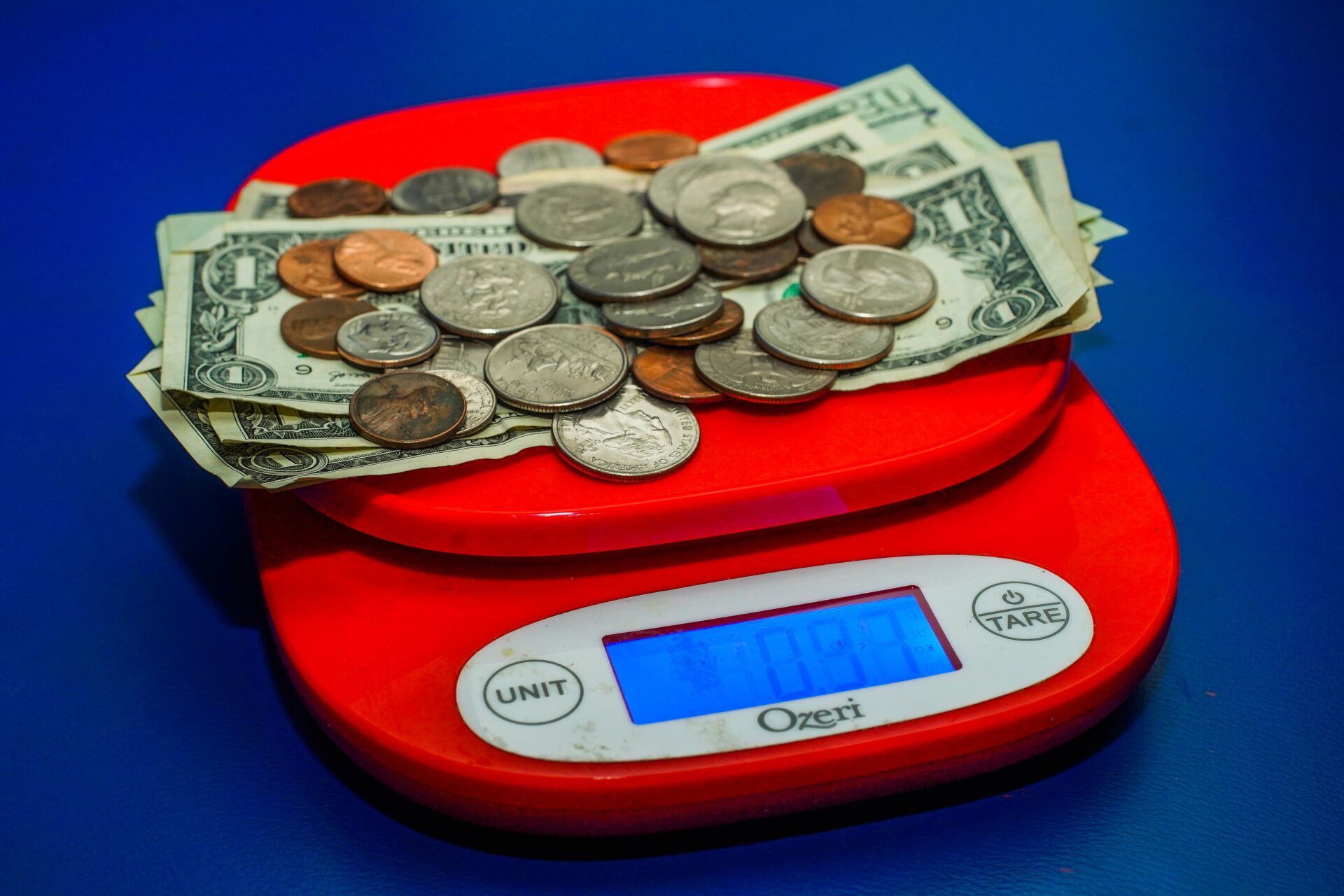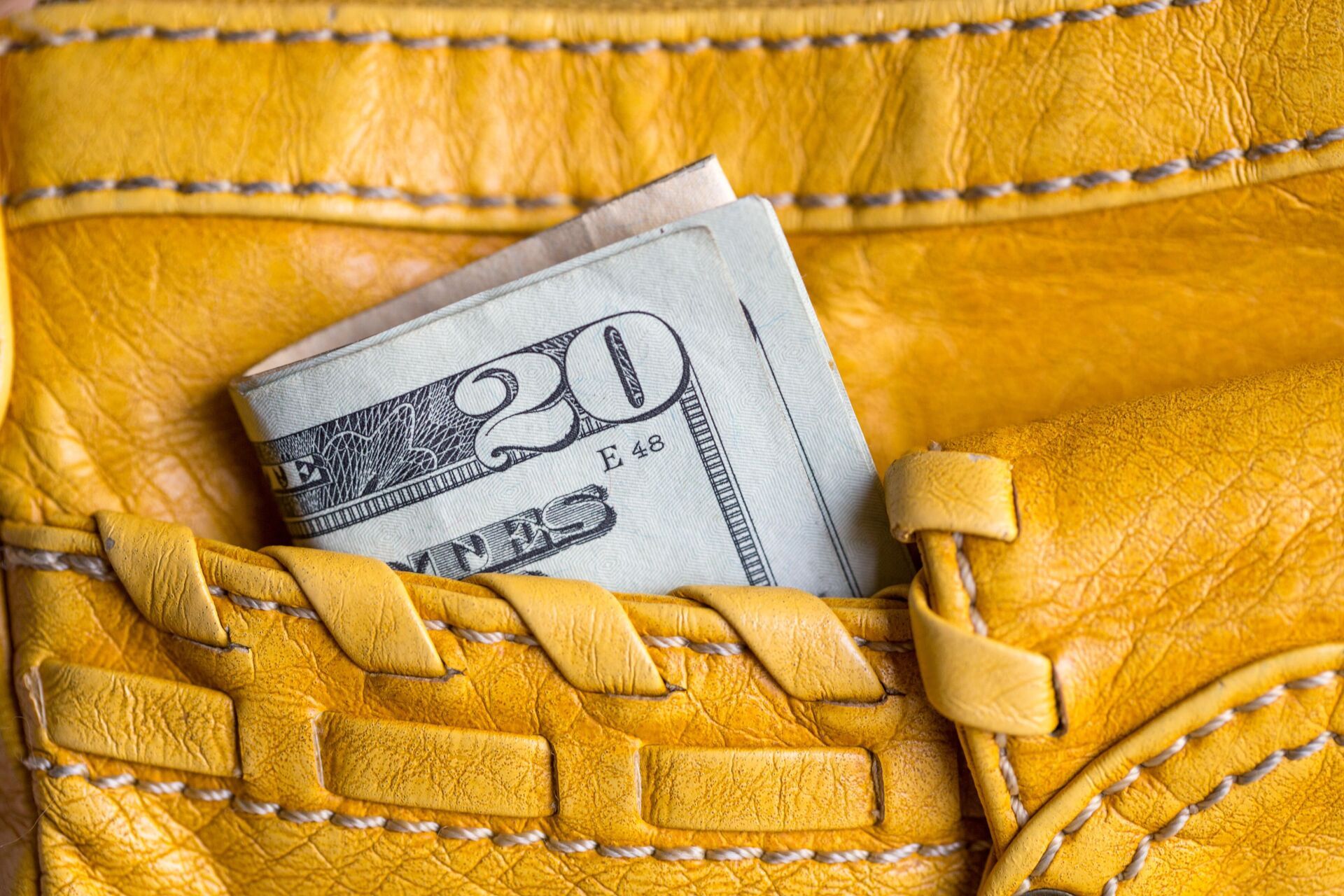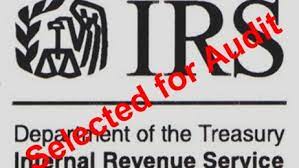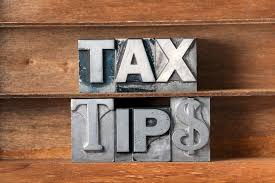IRS warns of scam texts claiming to send fake stimulus check
IRS warns of scam texts claiming to send fake stimulus check
WASHINGTON - The Internal Revenue Service recently issued a warning that scammers are sending text messages that falsely claim to provide access to a $1,200 COVID-19 stimulus check in order to trick the recipient into giving out sensitive personal information.
"Criminals are relentlessly using COVID-19 and Economic Impact Payments as cover to try to trick taxpayers out of their money or identities," said IRS Commissioner Chuck Rettig. "This scam is a new twist on those we've been seeing much of this year. We urge people to remain alert to these types of scams."
According to the IRS, a victim may receive a text message stating: “You have received a direct deposit of $1,200 from COVID-19 TREAS FUND. Further action is required to accept this payment into your account.”
However, upon clicking the link, the victim will be redirected to a phishing URL, which appears to be from a legitimate government agency, but is actually a fraudulent website.
The website requires the victim to enter bank account information, claiming to require it in order to send a stimulus check.
“People who believe they are eligible for the Economic Impact Payment should go directly to IRS.gov. People who do not have a filing requirement but who are eligible for EIP can use a non-filers tool on IRS.gov until November 21 to claim their payment,” the agency wrote on its website.
The IRS is asking anyone who has received the phishing text to take a screenshot of the text message and email the image to to phishing@irs.gov with the following information:
- Date/Time/Timezone that they received the text message
- The number that appeared on their Caller ID
- The number that received the text message
Whether it has been price gouging, a phone call requesting information in exchange for COVID-19 stimulus money or the promise of a vaccine, fraudulent activities have reached a fever pitch amid the pandemic.
With much confusion and misinformation surrounding the COVID-19 crisis, coronavirus scams exist in nearly every form.
In April, the the FBI’s Internet Crime Complaint Center received and reviewed more than 3,600 complaints related to COVID-19 scams, according to a statement by the DOJ.
In late March, the Better Business Bureau released a warning to individuals involving a text message scam impersonating government agencies in an attempt to obtain sensitive information.
In June, the Federal Trade Commission warned of a “large-scale scam erupting in the midst of the pandemic involving impostors who had been filing claims for unemployment benefits using the personal information of people who have not filed any claims.”
A new text message scam states: "You have received a direct deposit of $1,200 from COVID-19 TREAS FUND. Further action is required to accept this payment into your account.” If you receive this text message, here’s what to do: https://go.usa.gov/x78at #COVIDreliefIRS
Some have even gone so far as to scam from government relief programs, including the Coronavirus Aid, Relief, and Economic Security (CARES) Act, a federal law enacted on March 29. Some of the funds from the act were intended to provide emergency financial assistance to millions of Americans who have been negatively impacted by the economic effects of the COVID-19 pandemic.
In July, A Florida man was arrested after federal authorities say he used $3.9 million in Paycheck Protection Program (PPP) loans to purchase a Lamborghini sports car for himself.
A North Carolina man was charged in October with fraudulently seeking over $6 million in PPP loans and receiving more than $1.7 million in benefits for companies named after “Game of Thrones” characters, the U.S. Department of Justice reported.
